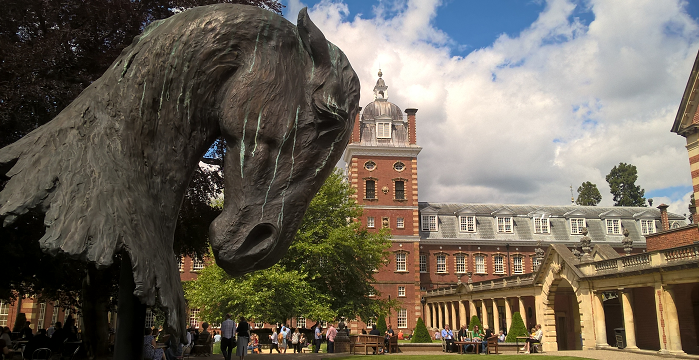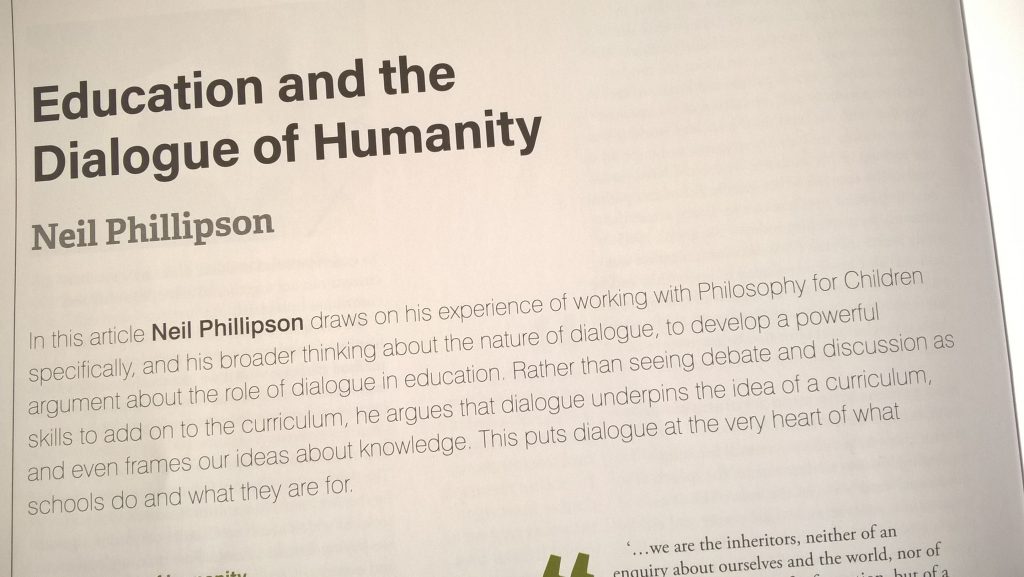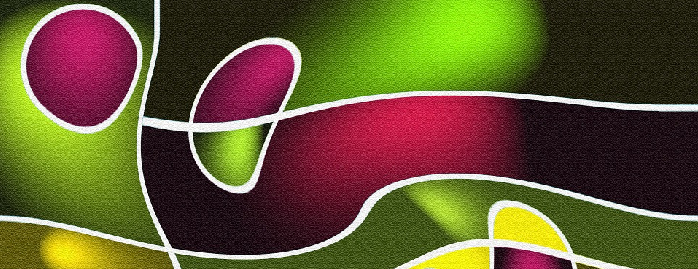
‘What then is time? If no one asks me, I know what it is. If I wish to explain it to him who asks, I do not know.’ St Augustine
“When you are a Bear of Very Little Brain, and you think of Things, you find sometimes that a Thing which seemed very Thingish inside you is quite different when it gets out into the open and has other people looking at it.” Winnie the Pooh
During a recent Philosophy for Children (P4C) enquiry our starting point was the question ‘When does a conflict go too far for forgiveness?’ As we considered the meaning of ‘forgiveness’ the problematic nature of the term soon became clear. Reflecting on the enquiry, one participant said “When we started the question seemed straightforward, but now I’m not even sure what forgiveness is!”
Philosophers from St Augustine to Winnie the Pooh have had the same feeling. But why might this feeling be educationally valuable? How can we justify spending an hour of children’s time raising and discussing such a question only to lead them into a state of confusion or, as the Greeks would have it, aporia? And can such a discussion have any real value if it is not informed by some of ‘the best that has been thought and said‘ about forgiveness?
I believe that the discussion has both intrinsic educational value and value as a gateway to a wider dialogue with the best that has been thought and said, and in what follows I will try to share the reasons underpinning this belief. Continue Reading »











